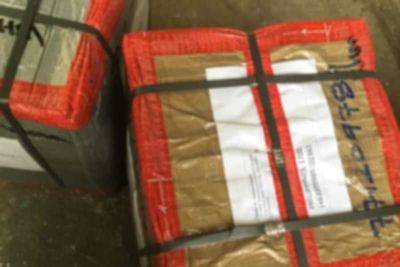Beware
“Buyer beware” is an important maxim we inherit from Roman law. It assigns responsibility to the gullible buyer who makes a purchase without exercising wisdom.
The Comelec has put itself in peril of becoming a gullible buyer. The constitutional body has P18 billion to spend for a new automated poll system. But it has narrowed its field of choices and is left with only one bidder of doubtful record.
As far as making our electoral process more efficient and reliable, we can only hope that P18 billion (the largest automation budget anywhere) does not convert into 30 pieces of silver (the amount Judas earned for an act of betrayal). The political fallout could be immense.
Comelec, we will recall, banned Smartmatic from participating in the bidding, implying the company is linked to the unexplained wealth of former chair Andres Bautista who is now facing money laundering charges in the US. Smartmatic, however, is not named in the case. The company’s involvement in Bautista’s wealth is, at best, speculative.
Minus Smartmatic, only one bidder turned up for the first round of bidding. The bidding was declared failed – not because there was only one bidder but because that single bidder did not fulfill all requirements to properly qualify.
The lone bidder is a consortium led by South Korean technology firm Miru Systems. It is expected to clear its deficiencies and participate in the second round. The Comelec, after all, has basically cleared the way for this group to bag the humungous budget for our electoral automation.
The past week, however, two crucial elections elsewhere, using Miru Systems technology, ran into serious snags. It will do well for the Comelec to study these two cases before it decides to qualify Miru Systems.
Miru technology was used for the last electoral cycle in Iraq, held Dec. 16 and 18. Iraq’s Alliance of Networks and National Organizations for Monitoring Elections reported major failures in Miru’s technology. The electronic counting machines the company sold Iraq failed to transmit results in a staggering 70 percent of voting stations on the first day of voting.
The massive failure forced Iraq’s Election Commission to scramble to manually count




